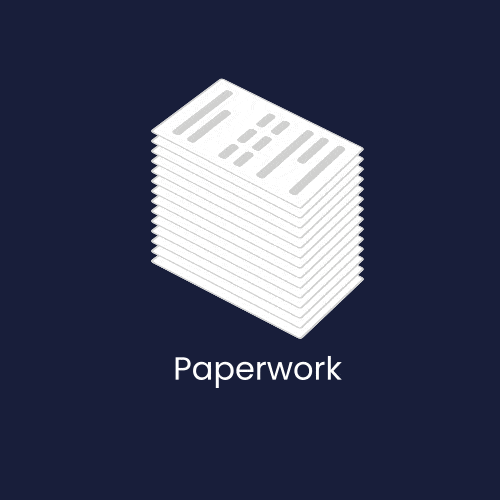
In our recent blog post, The Future of Delivery Management Has Arrived with Machine Learning, we talked about the tendency to use Artificial Intelligence (AI) and Machine Learning (ML) interchangeably, even though they have distinct differences. Similarly, there’s a growing trend to use the word platform when referring to technology solutions, but often it’s stand-alone products being discussed, not a true platform.
Why does it matter?
When vendors, company leaders and industry influencers give equal weight to platform and product, they minimize the critical nature of establishing a true platform before introducing new technologies. Businesses end up spending a lot of money on individual products that work in silos, forcing IT teams to implement solutions that lack the exact functionality and scalability needed to seamlessly conduct business.
Often, these products need to be customized to address these issues, as well as responding to ongoing changes in the business landscape. Soon companies realize their tweaks have complicated the systems and now there are limitations on how they can respond to adjustments from customers, partners, vendors and even their own internal processes. Before long, they are stuck with a system that is rigid, closed and restrictive.
What is a platform?
In its simplest form, a platform is the technology foundation on which business capabilities are built on top of. It provides the tools and “rules of the road” for the myriad connections between stakeholders, processes and data. In addition to its physical components, a platform:
- Establishes relationships between stakeholders
- Defines how those stakeholders are connected
- Provides rules about who has access to what data
- Allows real-time data exchanges between stakeholders
A platform is always business agnostic and can be applied to any industry – meaning the same platform can be used in fintech as in transportation and delivery. When considering a platform, resist the temptation to apply business rules or capabilities to the solution and instead look at it as a generic, underlying process. There’s time for bells and whistles when the actual software products are layered on top of the platform.
What does a platform look like in delivery management?
Delivery management is a complex business with ever increasing demands and expectations as well as many different stakeholders including 3PLs, carriers, independent carrier agents, drivers and customers.
In this context, a platform would define the relationships between the different parties and the rules that dictate the exchange of information between them. For instance, the role of a distribution center (DC) is very different from that of a carrier. Because of this, a platform could establish different privileges that allow the DC to change an address on a delivery request, while a carrier could only execute the order.
Here’s a real-world scenario that illustrates how a product-based solution falls short when it’s not built on a platform-based foundation.
Challenge: A large customer has decided to move its anchor location two miles across town – capitalizing on a more attractive commercial property that can accommodate its growing business.
- Product-based solution: In this instance, a product-based solution would require multiple interventions to accommodate the change in business location. Data related to the new address would require separate configurations and analytics dashboards would need to be revisited to reflect the changes.
- Platform-based foundation: On the other hand, a platform-based solution is designed to make business-related changes seamlessly propagate throughout the system. This is possible because all of the solution features such as business flows, data analytics and user management, are tapping into the same core element. Companies can also quickly scale up when new locations are added and manage system updates as they occur.
What should be considered when developing a platform?
While building a platform can be a daunting task, most companies find it well worth the effort because it helps them be more agile and responsive in the long-term. The most important attributes to consider when considering a platform system seem so obvious but are often overlooked. Some questions to ask include:
- Does it have the functionality needed for our specific core needs?
- Is it scalable and will it allow us to add technologies as we grow?
- Is there a robust network of partners and third-party developers around it?
- Will it provide the visibility needed for our wide range of stakeholders?
- How secure is it?
In a world that’s constantly shifting, especially when it comes to delivery management, companies don’t have the time or luxury to adjust business applications for every change. A platform provides the flexibility to immediately respond to new dynamics, customers and opportunities, adding real value to your business and bottom line.

